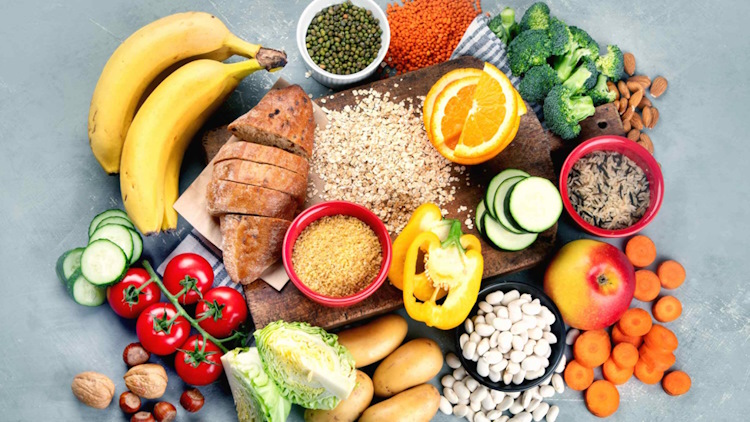Stomach health guide: Prebiotics
Prebiotics are substances that nourish specific microorganisms in the intestine, favoring the growth of populations of beneficial bacteria (generally the prebiotics are polysaccharides and oligosaccharides).
- They stimulate the increase in the population of bacteria such as bifidobacteria and lactobacilli, responsible for the fermentation process in the colon.
- They produce a decrease in the stomach pH, managing to control the populations of the most harmful microorganisms.
- At the blood level, they have various functions such as the reduction of cholesterol, triglyceride and phospholipid levels, the absorption of minerals and the reduction of glucose levels, among others.
- They improve intestinal defenses against intestinal infections.
- They reduce the time of intestinal transit and have a laxative effect, which can lead to diarrhea or an upset stomach if the dose is not properly regulated.
We have the following types of prebiotics:
- Inulin: It is a dietary fiber.
- Oligofructose: it is obtained by the enzymatic hydrolysis of inulin.
- Pectic substances
- Galacto-oligosaccharides (GOS)
- Fructo-oligosaccharides (FOS)
The effectiveness will depend on two factors:
The type of oligosaccharide selected although the average dose to increase the population of bifidobacteria is 15g/day.

The intestinal microbiota of the user, since the number of bifidobacteria prior to the start of treatment is very important, for example in the adult population 3g/day may be sufficient, for this reason an examination of the intestinal microbiota is recommended.









